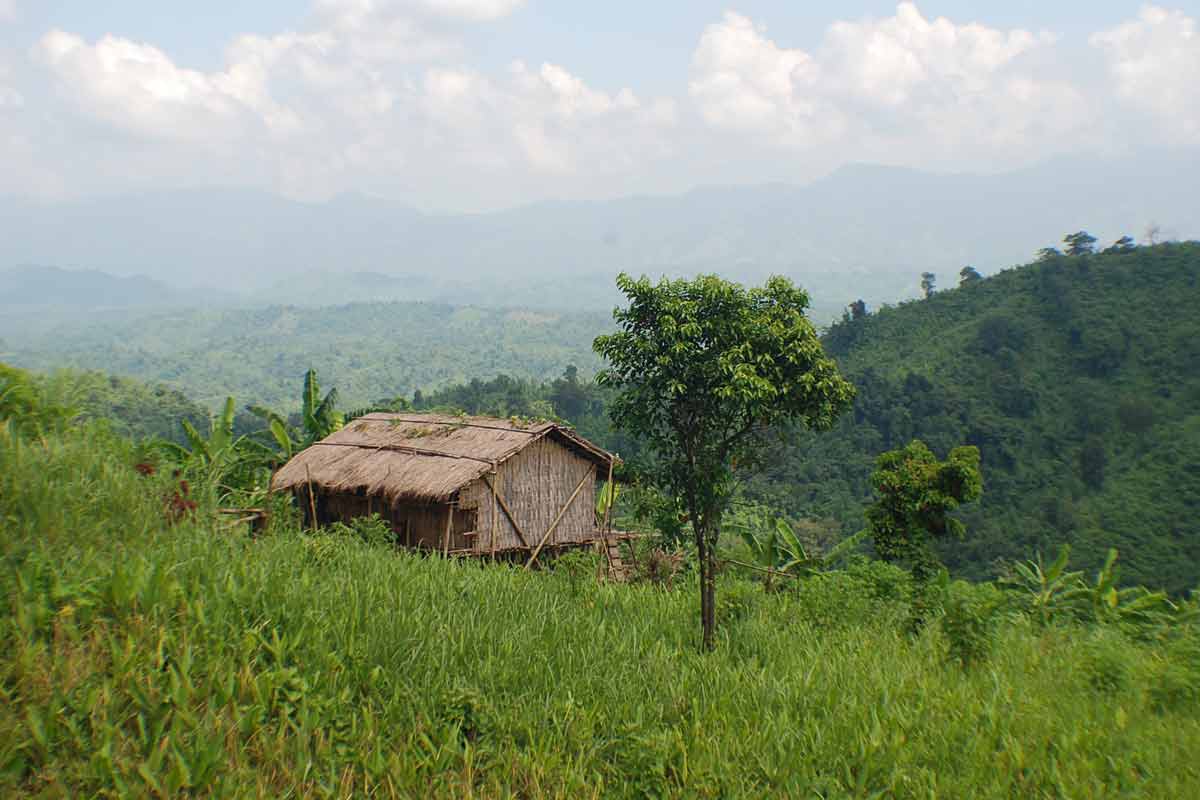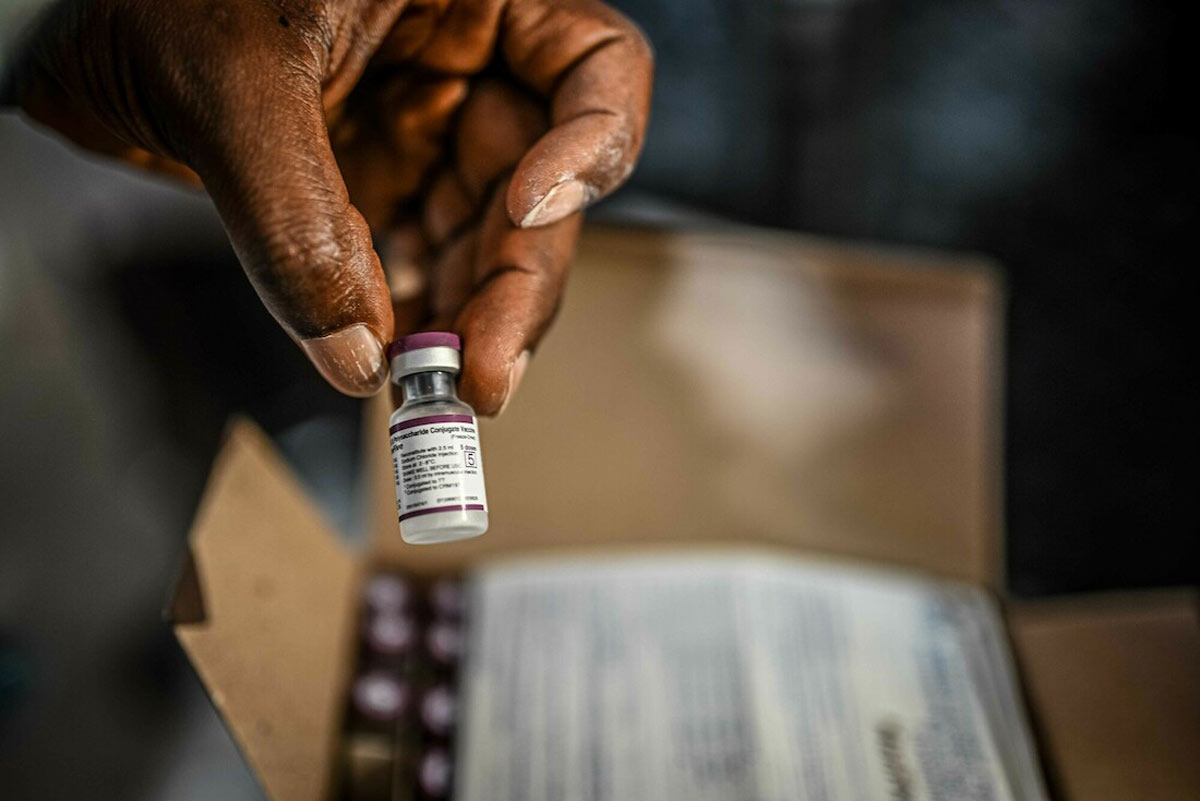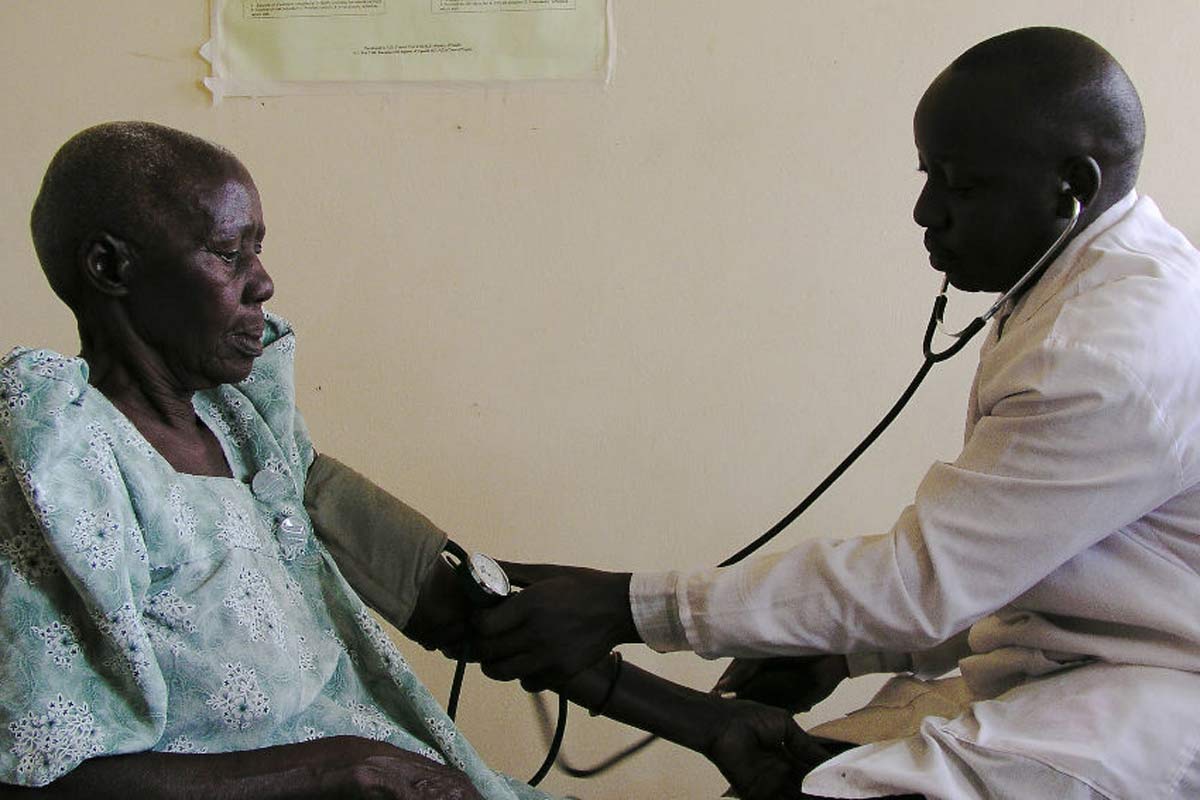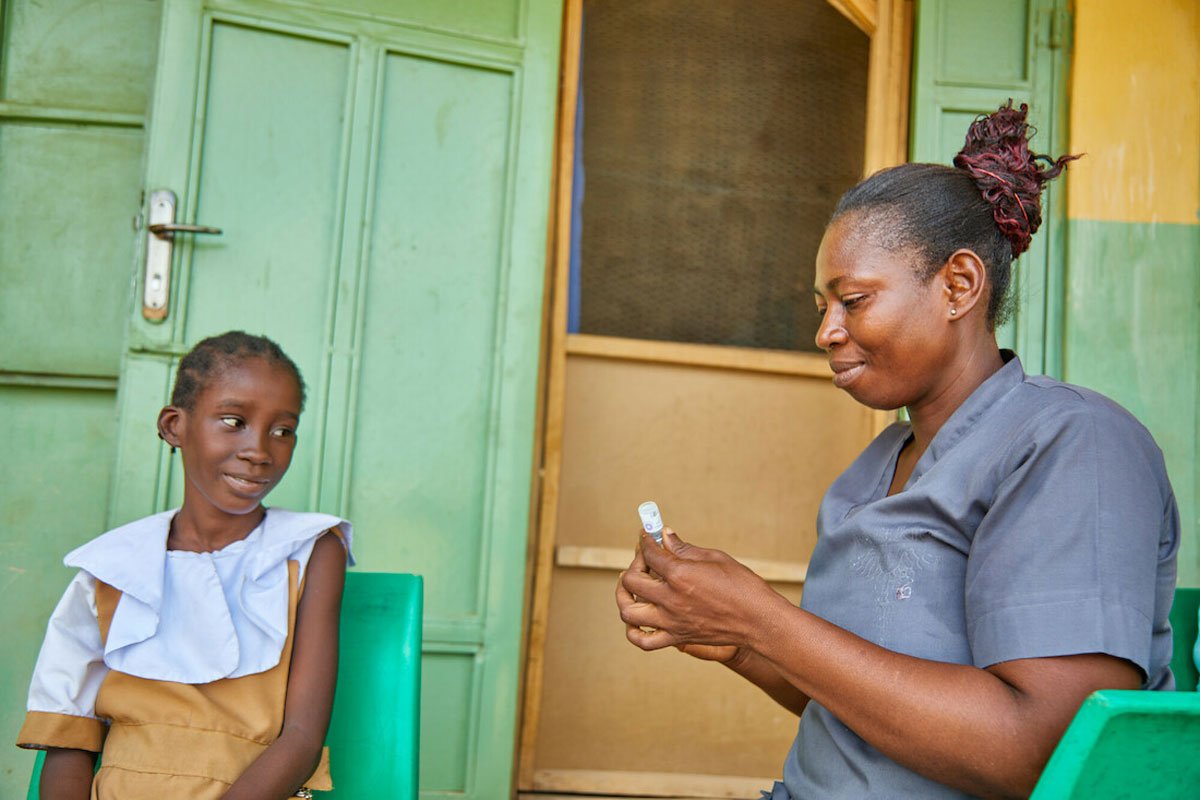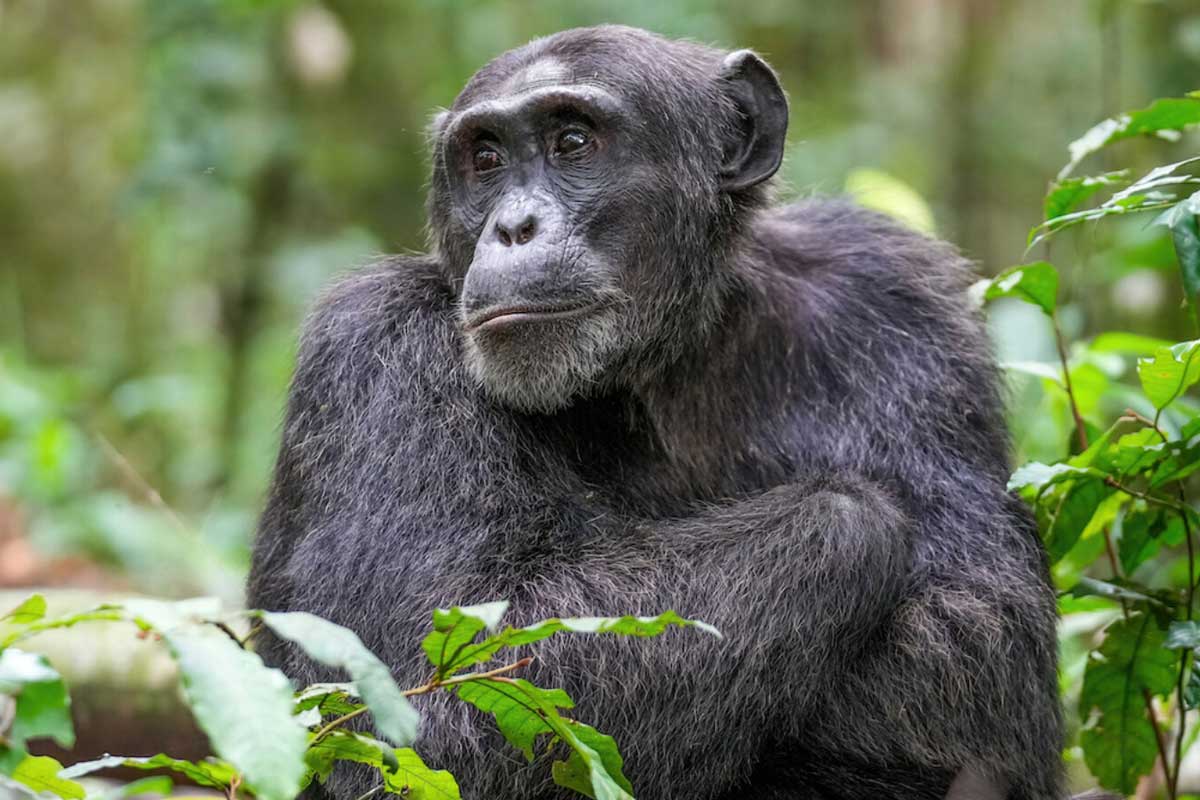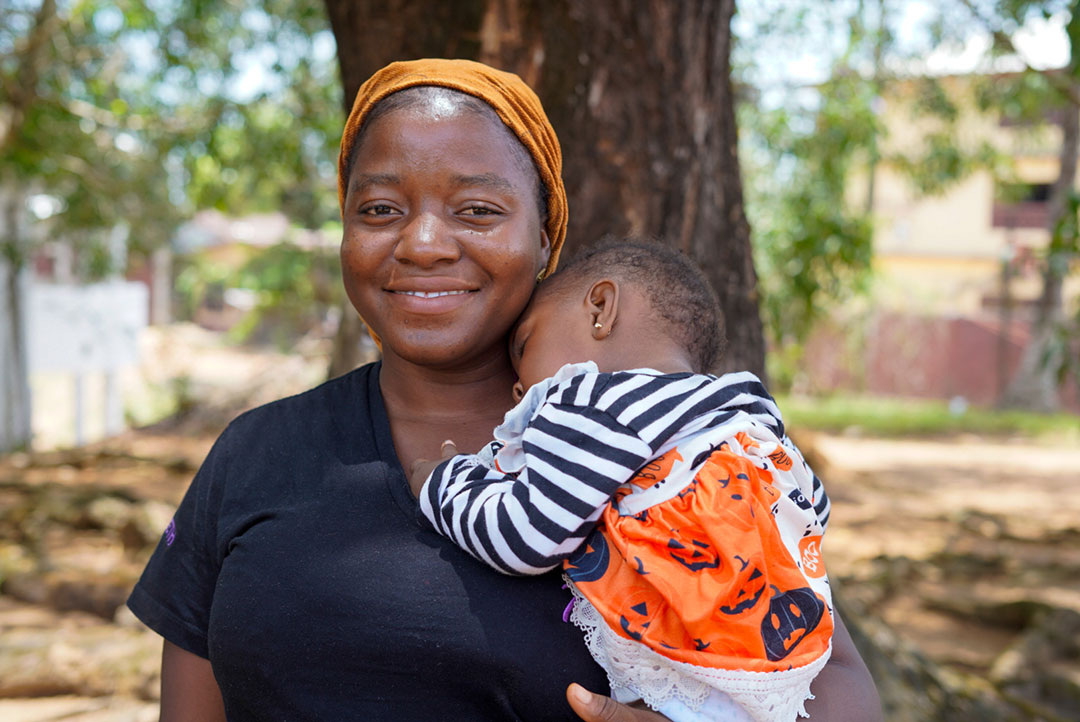Lessons in transition: the Honduras experience
- 18 September 2018
- 3 min read
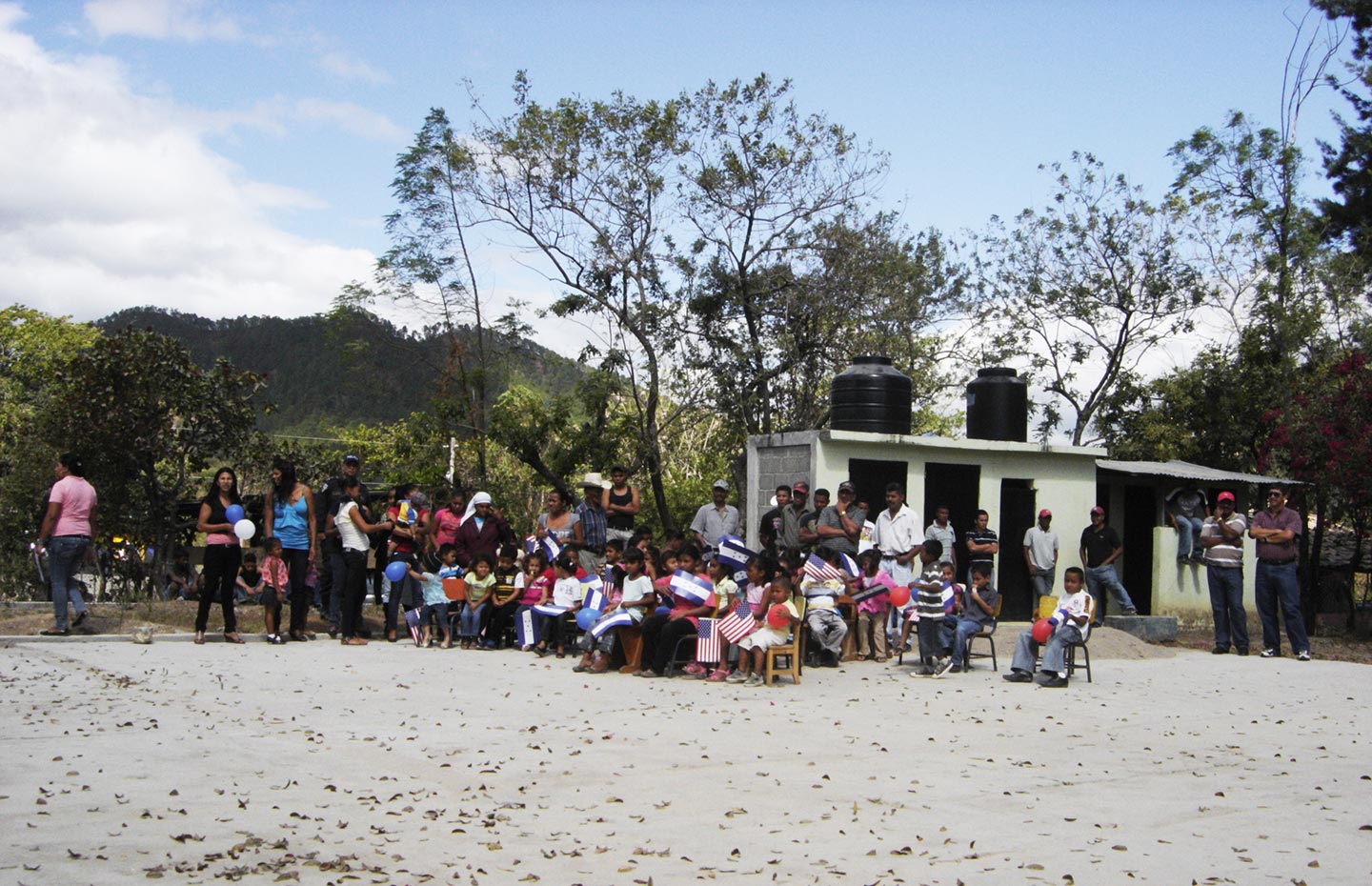
Dr Edna Yolani Bátres is a member of the Gavi Board and an MTR Champion. In 2016, Dr Bátres oversaw her country’s successful transition out of Gavi support to fully fund its own immunisation programme. In 2017, Honduras took over the cost of its human papillomavirus (HPV) vaccine programme. Here she reflects on her country’s experience of transition, and shares lessons learned and her hopes for the future.
In 2018, as a Gavi Champion, Dr Bátres will help raise awareness of the Alliance’s achievements in the build-up to its mid-term review (MTR) meeting in Abu Dhabi on 10-11 December.
Hosted by the United Arab Emirates, the MTR will take stock of Gavi’s progress towards its ambitious goal to immunise 300 million additional children by 2020, saving 5-6 million lives and securing economic benefits of US$ 80-100 billion globally.
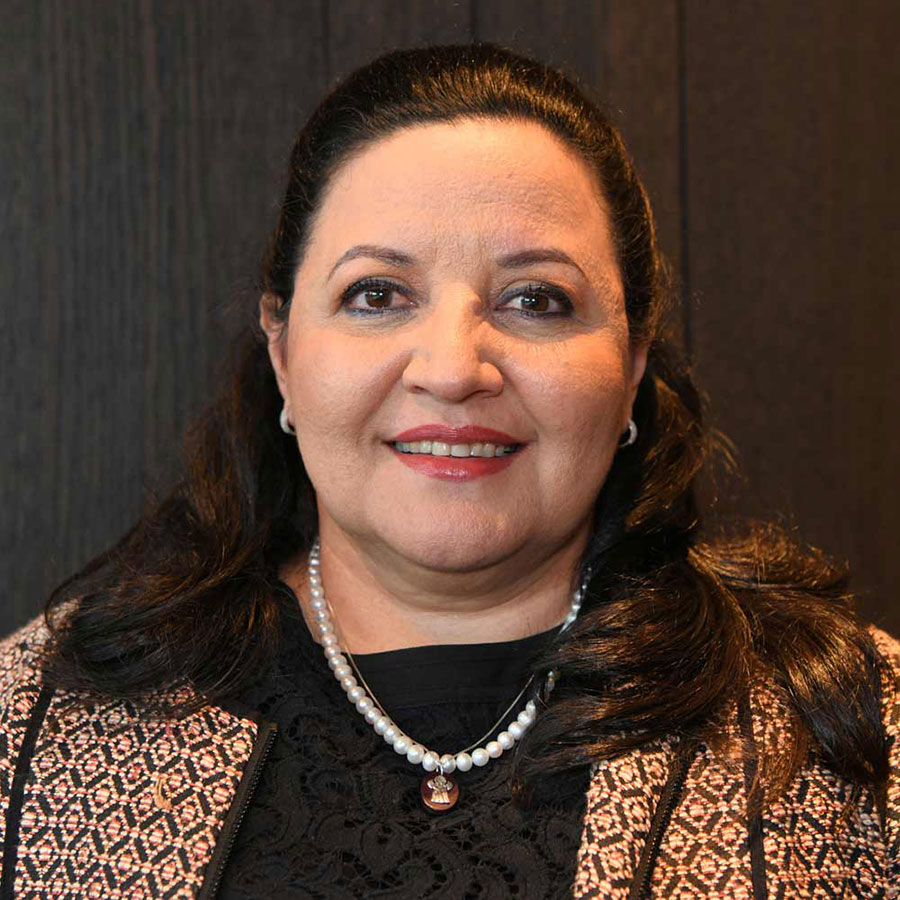
Dr Edna Yolani Bátres is a member of the Gavi Board and an MTR Champion. In 2016, Dr Bátres oversaw her country’s successful transition out of Gavi support to fully fund its own immunisation programme. In 2017, Honduras took over the cost of its human papillomavirus (HPV) vaccine programme. Here she reflects on her country’s experience of transition, and shares lessons learned and her hopes for the future.
In 2018, as a Gavi Champion, Dr Bátres will help raise awareness of the Alliance’s achievements in the build-up to its mid-term review (MTR) meeting in Abu Dhabi on 10-11 December.
Hosted by the United Arab Emirates, the MTR will take stock of Gavi’s progress towards its ambitious goal to immunise 300 million additional children by 2020, saving 5-6 million lives and securing economic benefits of US$ 80-100 billion globally.
How important is immunisation for your country?
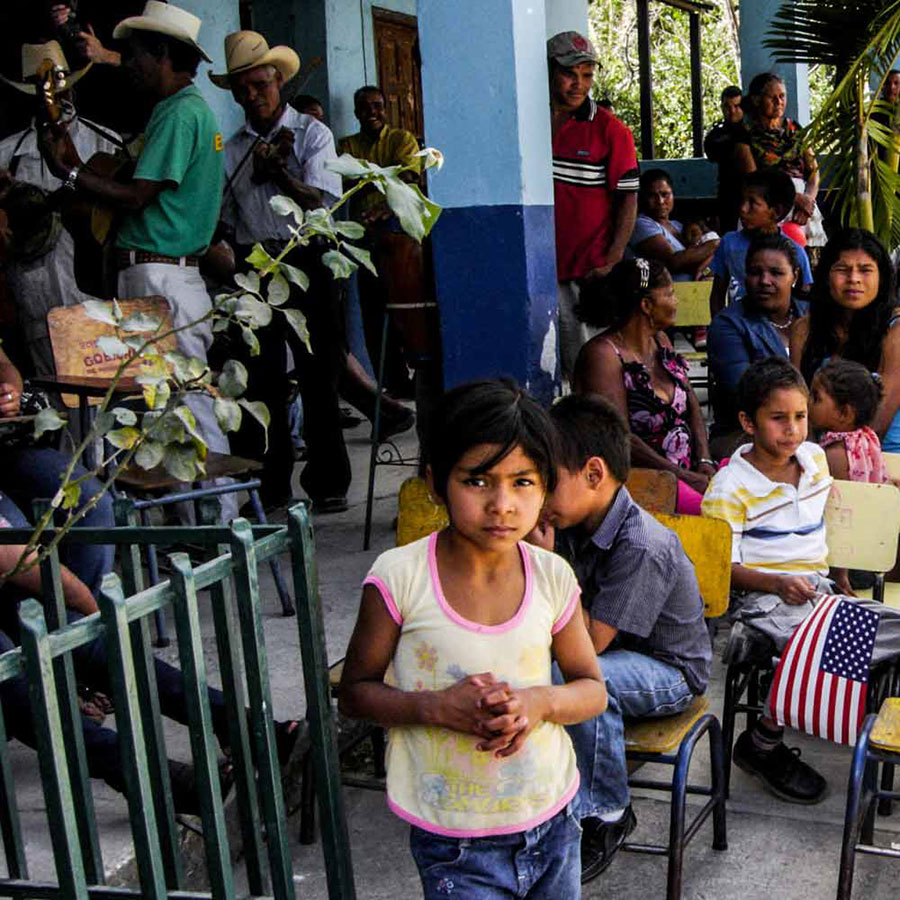
Immunisation in Honduras is the best tool that we have to prevent disease, to prevent mortality. It is the tool that we have for life. To bring life, and quality of life to all Hondurans.
Can you tell us how Honduras went about introducing the human papillomavirus (HPV) vaccine?
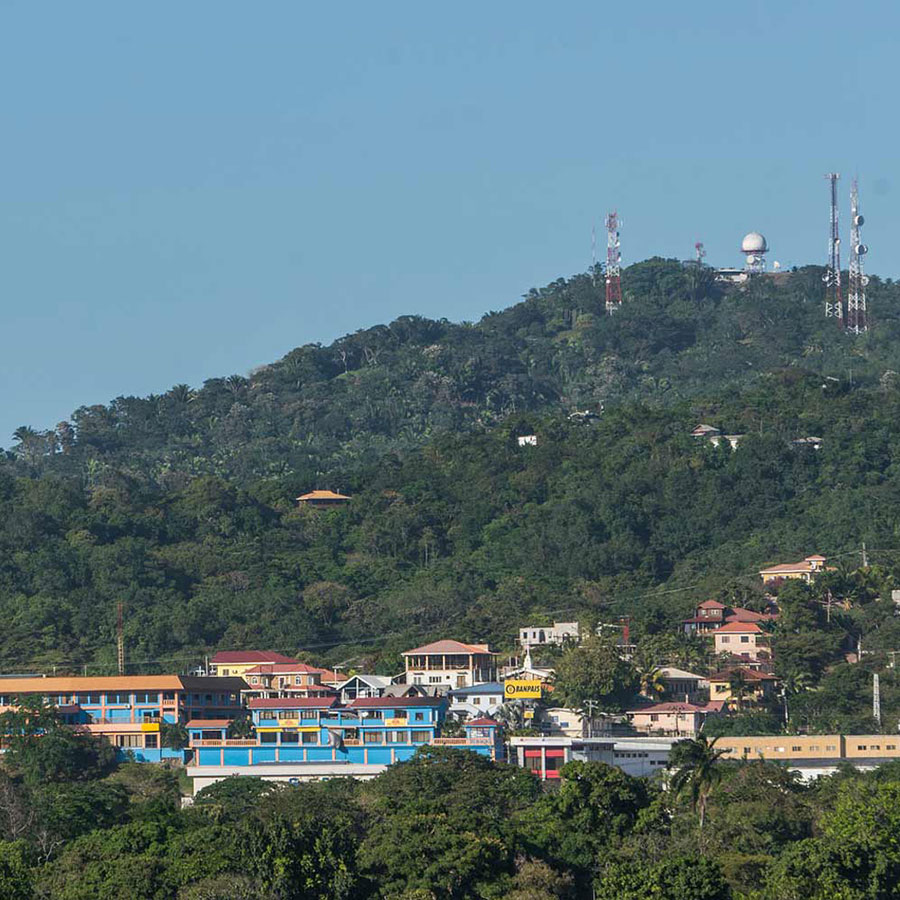
That was something we always wanted to do but we didn't have the resources. When this vaccine came to the market, it was too expensive for Honduras. The only families who vaccinated their girls, were those who could afford to pay about US$ 100 in the private sector. But this cancer is more frequent among the poor.
During the transition, one of our main goals was to introduce the HPV vaccine. For us, this was very important because cervical cancer is the second biggest cause of death among women. During the introduction year, Gavi financed 50% of the doses while we paid for the other half. From the second year onwards, 100% of the doses are financed by the Government.
What were the main challenges to introducing the vaccine?
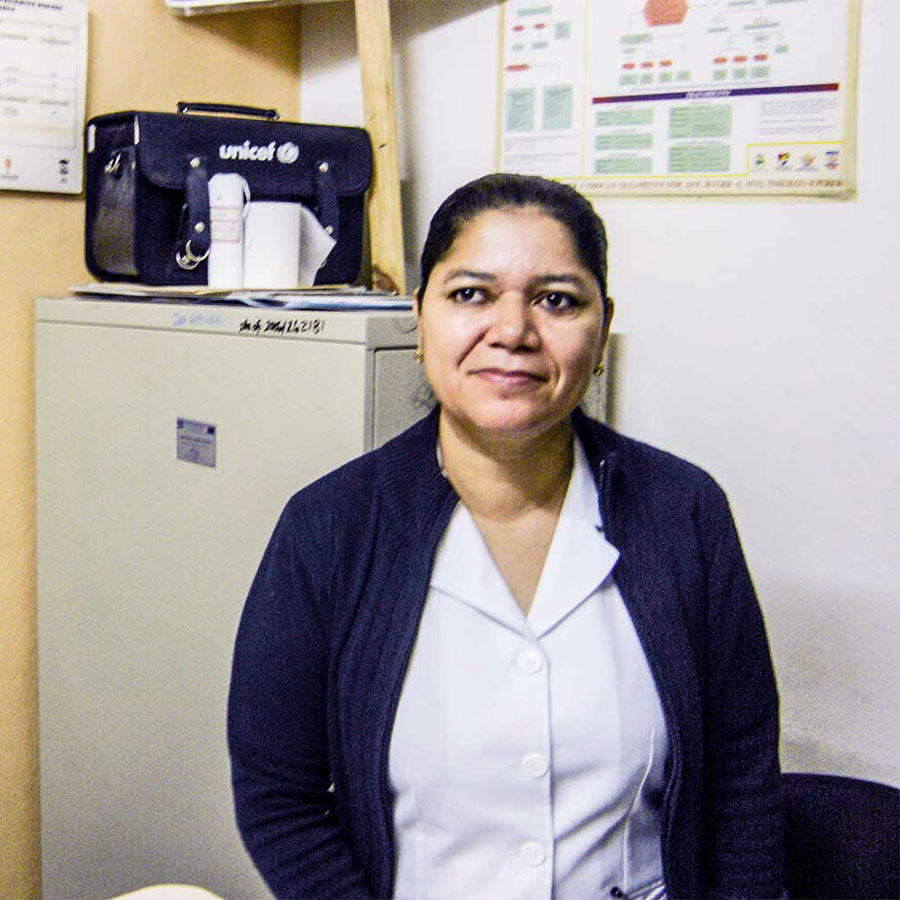
We did it in the months when the schools were open – in the public schools first and then the private schools. The challenges we had were not in the public sector; it was in the private schools. Some parents had read that this vaccine wasn’t a good experience in other countries.
But overall, we had very good acceptance from the population of this vaccine. So, for us it was a dream come true – and it is something I am proud to have done under my leadership.
How would you describe the transition process for Honduras?
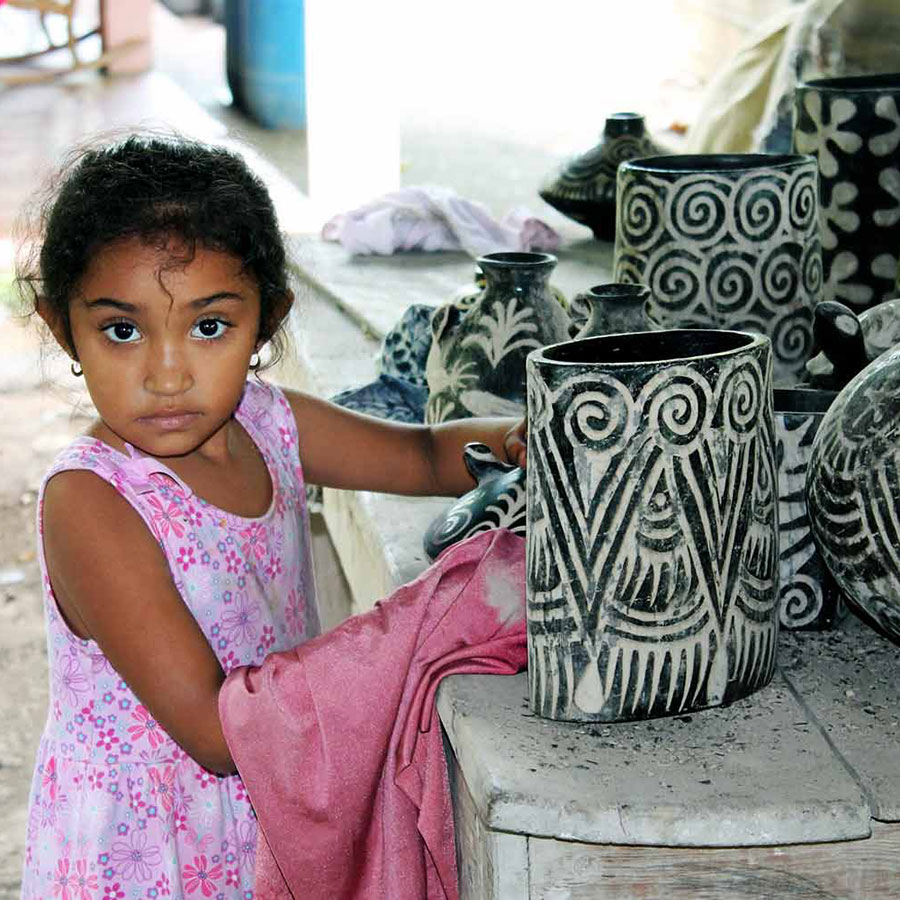
Transition for Honduras was very successful because we were involved in planning from the beginning. Transition brought us the opportunity to introduce new vaccines, and the opportunity to make these programmes sustainable into the future.
Gavi brought not only financial support to immunisation programmes in Honduras, but technical support. This technical support brought a lot of knowledge to health workers, knowledge they can share, knowing the importance of vaccines and how vaccines can save lives. Gavi has helped us a lot, particularly with updating and broadening the law that guarantees free vaccines for all the population, to make sure that we avoid shortfalls in the future.
But just because we are in transition it doesn’t mean that our work with Gavi is over. In transition we can still do a lot of work, and we can still introduce new vaccines. And I think one of the lessons is that Gavi’s work and communication with the transitioned country should never end.
I hope Gavi can share our good experience and our voice with other countries. In Honduras, we have some big hospitals that are sentinels, which report to us on their challenges and their successes. I like to think Honduras can be a sentinel country for all transitioning countries.
